Buy Now Pay Later
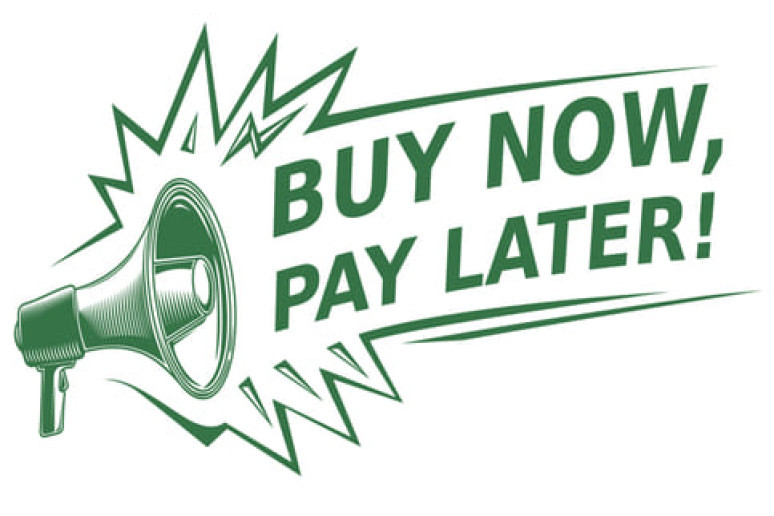
Buy now, pay later (BNPL) is a form of short-term financing that enables consumers to make purchases and spread the payments over a period, typically without incurring interest charges.
While BNPL financing offers convenience, it's important to be aware of potential pitfalls associated with this payment method.
Best offers for Buy Now Pay Later
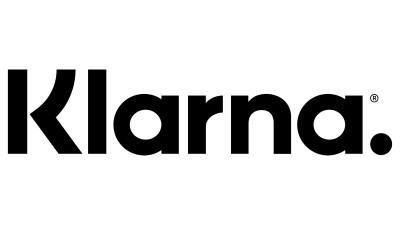
The Klarna Card offers a 30-day payment delay with no immediate deduction, allowing users to pay without extra charges. Klarna's 'Pay in 30 days' and 'Pay in 3 instalments' options are interest-free.
Pros and cons
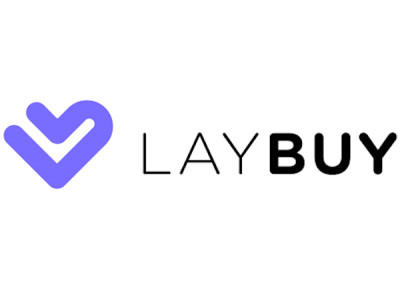
Laybuy offers 0% interest, 6-week payments, a £6 late fee, and a maximum late fee of £24, ensuring convenient, flexible, and responsible shopping.
Pros and cons
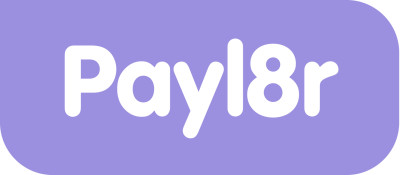
Payl8r enables flexible, interest-free or interest-bearing payments at partnered retailers: choose to pay in 30 days, monthly, or split payments easily.
Pros and cons
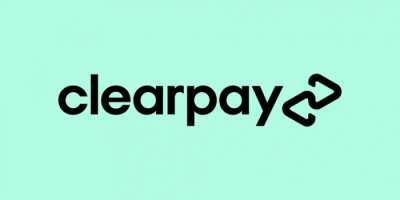
Clearpay in UK: 0% interest shopping. For 18+, offers 4 bi-weekly instalments. Initial late fee £6, max capped at £36. Simplifies budgeting, enhances purchasing power.
Pros and cons
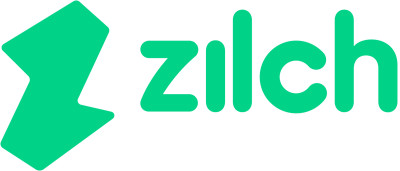
Zilch's virtual Mastercard offers interest-free payments over six weeks without late fees and includes Zilch Anywhere for shopping flexibility at non-partner stores.
Pros and cons
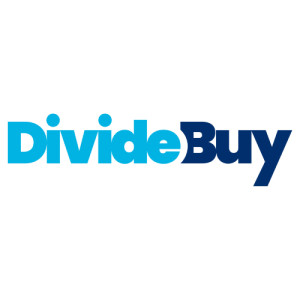
DivideBuy offers zero interest and flexible payment plans spanning from 2 to 12 months, significantly enhancing budget management and purchasing power for discerning UK shoppers seeking smart financial solutions.
Pros and cons
FAQ
How Buy Now, Pay Later Works?
Buy now, pay later (BNPL) programs come with varied terms and conditions, but in essence, they provide short-term loans featuring fixed payments and no interest. Accessible through BNPL apps or potentially integrated into your credit card options, these programs enable you to make purchases at participating retailers. Upon approval, you make an initial down payment, typically around 25% of the total purchase amount. The remaining balance is then settled through a series of interest-free installments over a specified period, often spanning several weeks or months.
Payment methods in BNPL transactions can include automatic deductions from your debit card, bank account, or credit card. Some flexibility may exist, allowing payment via check or bank transfer, although the Consumer Financial Protection Bureau (CFPB) notes that many BNPL lenders primarily enforce autopay.1
Contrasting BNPL with credit cards, the key distinction lies in interest charges. While credit cards generally apply interest to any carried-over balance, BNPL transactions involve no interest during the installment period. While certain credit cards may offer temporary 0% annual percentage rates (APRs), these often come with expiration dates. Credit cards allow for indefinite balance carrying and credit line utilization, setting them apart from the structure of BNPL arrangements.
What Is the Interest Rate on a BNPL Loan?
While the majority of BNPL plans maintain a 0% interest rate when payments are made punctually, falling behind on payments may trigger interest charges, which can escalate to as high as 36%. Late fees are another potential cost, commonly amounting to around $7 or $8, as outlined by the Consumer Financial Protection Bureau (CFPB). It's crucial for users to adhere to the payment schedule to avoid additional charges and interest rate hikes associated with BNPL financing.
Alternatives of Buy now, pay later
While buy now, pay later (BNPL) offers a convenient way to cover purchases, it lacks certain features found in other financing methods. Explore these alternatives:
1. 0% Interest Credit Card:
Consider a credit card with a 0% APR introductory period (typically 15 to 21 months) if you have good or excellent credit (a score of 690 or above). During this period, no interest is charged on the balance, providing a flexible payment option. Timely payments can positively impact your credit score, and you may enjoy additional perks like sign-up bonuses or rewards programs.
2. Small Personal Loan:
Opting for a small personal loan is a viable choice if you prefer a longer repayment period. Personal loans accommodate borrowers across the credit spectrum, and consistent, on-time payments can contribute to building your credit history. While personal loans incur interest, the extended terms may offer a more manageable monthly payment within your budget.